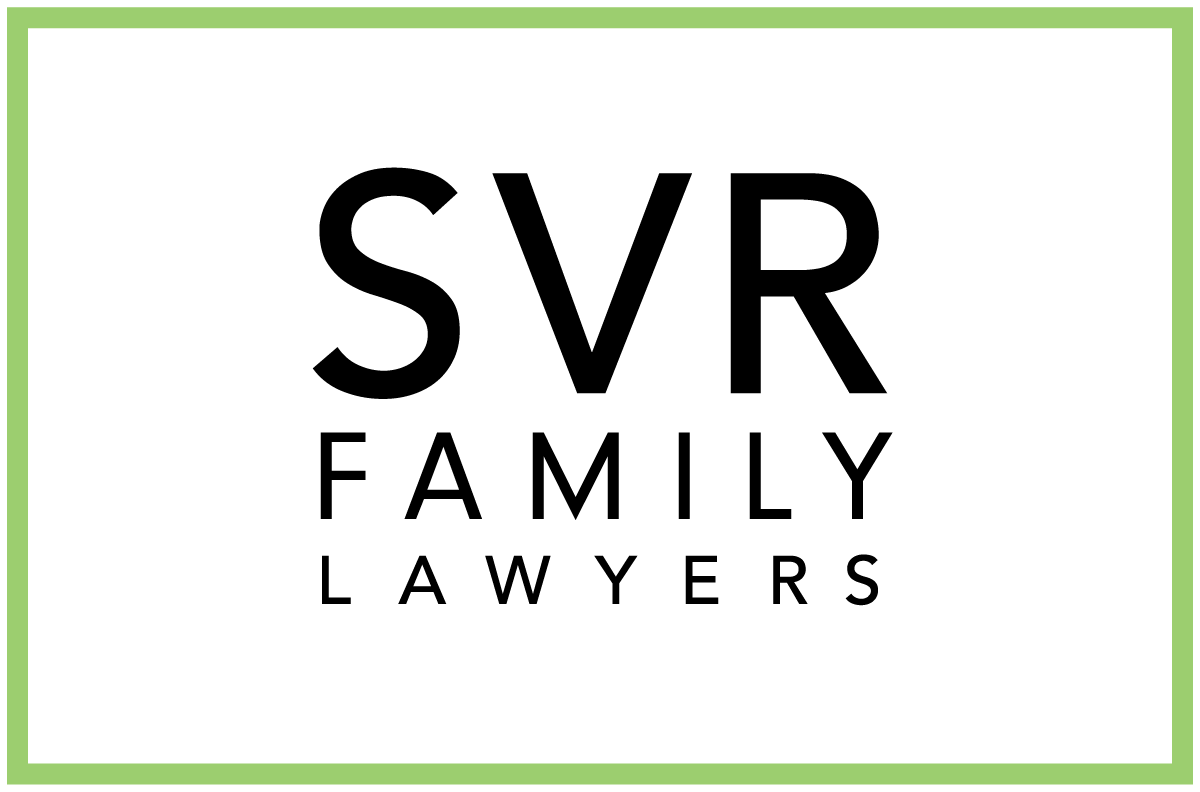The Use of Experts in Parenting Matters
Nov 03, 2020
The “best interest of the child” is the guiding principal for determining how decision making and parenting time relating to children will be allocated. This can be a very subjective principal and two parents can have very differing views on what is in the best interest of their child or children. In that situation, how does a mediator or court determine what is in a child’s best interests if the parents have very different opinions on this matter and/or very different experiences with the children? In some instances, an expert is needed to determine what is in the best interests of the children.
Experts are used when the court needs help reconciling conflicting evidence from the parties. This does not necessarily mean that one parent is attempting to be misleading; children can, and do, communicate, and interact with each parent differently and each parent also interprets those interactions through their own unique lens. The court may need help to determine which parent to believe or which evidence to prefer and a parenting expert is able to provide an unbiased and professional opinion. This is where Practice Notes 7 & 8 may factor in.
Practice Notes are issued directly from the Court of Queen’s Bench. They are instructions on when and how to do certain things relative to court proceedings.
Practice Notes 7 & 8 are used by the courts to address parenting issues.
Practice Note 7 (PN7)
PN7 deals with different types interventions that are available on parenting matters. These interventions can be evaluative or therapeutic:
- Evaluative interventions/Assessments: the expert provides information to the court about the parents, children, family dynamic, issues, etc. to assist the court in making an order. This is meant to provide objective, neutral information, from an expert, to the court. These assessments provide information but not an opinion or recommendation.
- Therapeutic interventions: during therapeutic interventions, the expert works with the family to try to facilitate resolution of the issues. The goal is to keep the matter out of court.
Costs for PN7 depend on the type of intervention chosen and each individual expert’s fee arrangements.
Practice Note 8 (PN8)
PN8 is a comprehensive assessment of all family members (parents, children, stepparents, and even others) and the dynamic in general. A PN8 assessment is lengthy, invasive, and expensive. However, at the end of it, the expert is able to give an opinion and recommendation on what is in the children’s best interests.
Another option is Parenting Coordination, which previously fell under PN7.
This is an ongoing mediation type process that parents can sign up for and access on an as needed basis to resolve parenting issues as they arise. Parenting coordination may or may not include arbitration (both parties must consent to giving the Parenting Coordinator arbitration authority). With arbitration, the Parenting Coordinator can make a binding decision in the event of an impasse. This is a valuable process to have in place to access when there are issues or disagreements between the parties. One of the main goals of parenting coordination is to improve the co-parenting relationship and the parents’ ability to work through issues on their own.
For a full copy of Practice Note 7, click HERE. For a full copy of Practice Note 8, click HERE.
For help determining whether you matter requires expert assistance and, if so, what type of intervention or assessment is appropriate please contact SVR Family Lawyers.
Great experience. Professional and thoughtful with good insights.
Relaxed and to the point team. Helped me when I panicked to stay calm and then walked me through things. Really friendly and always available
Very satisfied with the services provided by the lawyers at SVR Lawyers! It was a long and convoluted divorce process, but Cindy Lee and their assistants have helped me to navigate through it and finalize it. I highly recommend them!
